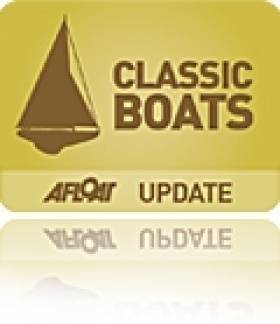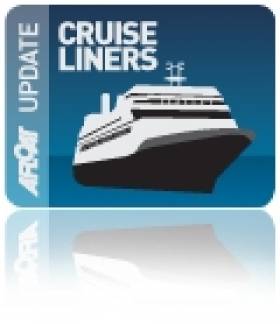Displaying items by tag: Astor
Dun Laoghaire Marina Greets Classic Schooner 'Astor' Visitor
#classicboat – Schooner 'Astor' built by the famous Wm. Fife & Sons of Scotland in 1923. Teak planks over English oak frames. Originally commissioned for Dr McCormick of Sydney, Australia, Her homeport since 1987 is Newport, California, USA.
Although used mainly for cruising these days, this historic boat won the America Schooner Cup Race five times consecutively and has just finished up at the Fife Regatta 2013 where she was placed second in Class 1.
She is now in Dun Laoghaire Marina to allow the owners and crew to sample the delights of Dublin City, before she continues on her way with next stop, the Mediterranean.
Cruise Liners Line-Up for Foyle
#CRUISE LINERS-Aside the main ports where most cruise ships visit while touring this island, Londonderry would be a less frequent destination, as such vessels only began visiting the north-west port since 1995, writes Jehan Ashmore.
Some of the leading operators though have called over the years called to the port, they are: Crystal Cruises, Cunard Line, Residensea, Seabourn and Silverseas.
This year's line-up will see eight scheduled calls starting in May with the 446 passenger Quest for Adventure (for more click HERE) built in 1981 and operated by Saga Cruises. A younger near-sister Astor built in 1987 is also due to call in August.
Below is a list of the cruise callers and dates.
Quest for Adventure 9 May
Marco Polo 14 July
Prinsendam 16 July
Astor 11 August
Clipper Odyssey 18 August
Princess Daphne 30 August
Albatross 12 September
Ocean Countess 15 September
The vessels will use various berths dependent upon size within the port which is run by the Londonderry Port and Harbour Commissioners. The facilities are at the city quays, Lisahally or require anchorage off Greencastle in Lough Foyle.

























































